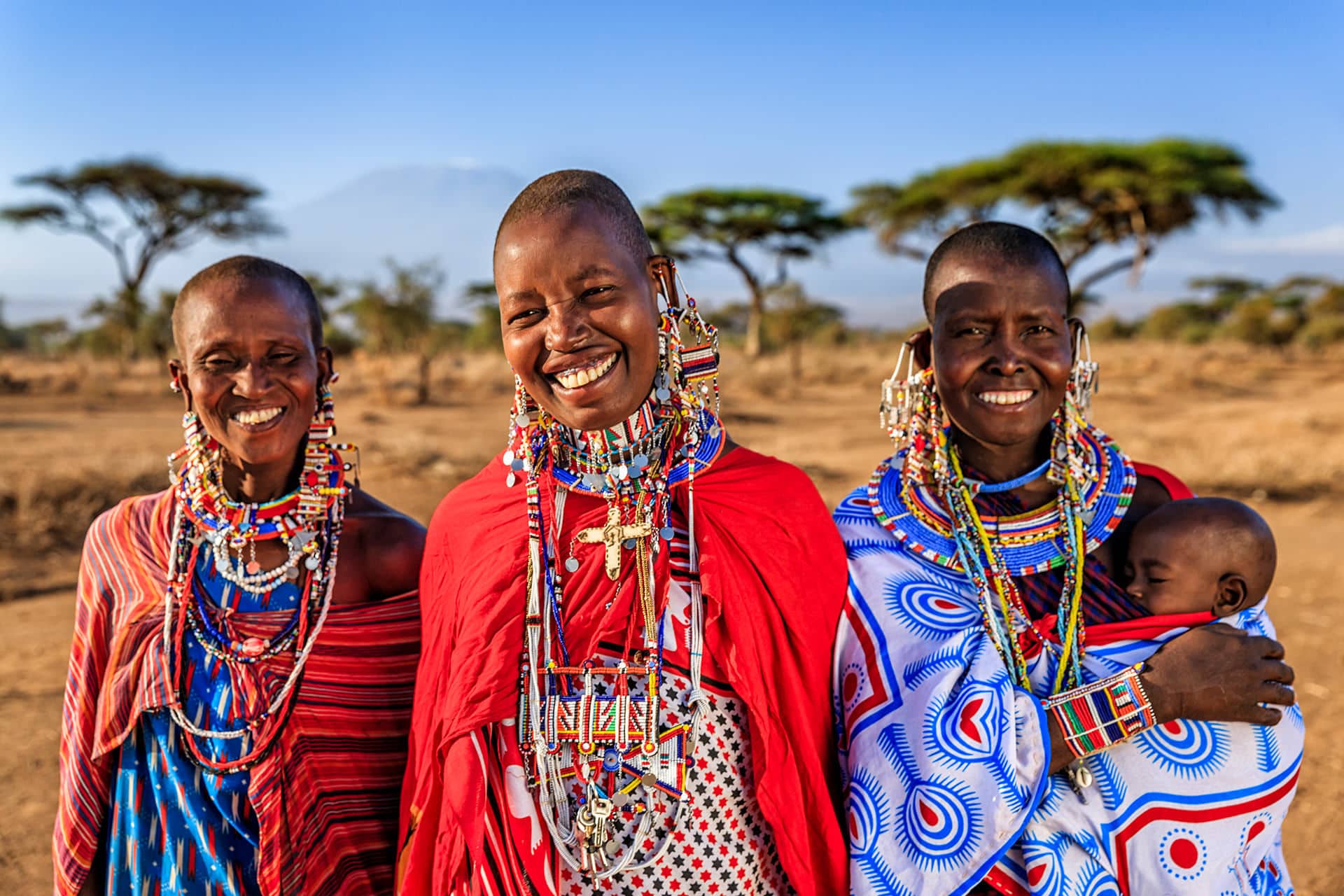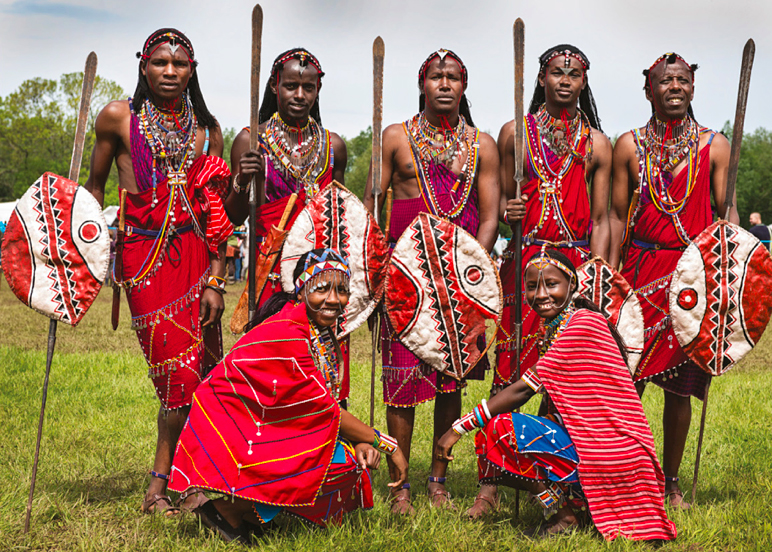THE MAASAI TRIBE

The Maasai of northern Tanzania still live a largely traditional lifestyle, grazing their cattle over vast areas, and living in semi-permanent villages (manyattas) of huts ringed by a thorn fence as defence against wild animals. Maasai men dress in a distinctive manner.
What are the characteristics of Maasai tribe?
The pastoral Maasai are fully nomadic, wandering in bands throughout the year and subsisting almost entirely on the meat, blood, and milk of their herds. Their kraal, consisting of a large circular thornbush fence around a ring of mud-dung houses, holds four to eight families and their herds.
Maasai, also spelled Masai, nomadic pastoralists of East Africa. Maasai is essentially a linguistic term, referring to speakers of this Eastern Sudanic language (usually called Maa) of the Nilo-Saharan language family. These include the pastoral Maasai who range along the Great Rift Valley of Kenya and Tanzania, the Samburu of Kenya, and the semipastoral Arusha and Baraguyu (or Kwafi) of Tanzania.
The Maasai have a number of patrilineal clans grouped into two classes, or moieties. The basic institution of social integration, however, is the system of age-sets. Under this system, groups of the same age are initiated (circumcised) into adult life during the same open-initiation period; the age-class thus formed is a permanent grouping, lasting the life of its members. They move up through a hierarchy of grades, each lasting approximately 15 years, including those of junior warriors, senior warriors, and junior elders, until they become senior elders authorized to make decisions for the tribe. Maasai society is remarkably egalitarian; slaves have never been kept.
Between the ages of about 14 and 30, young men are traditionally known as morans. During this life stage they live in isolation in the bush, learning tribal customs and developing strength, courage, and endurance—traits for which Maasai warriors are noted throughout the world.
Ceremonial events are directed by a ritual expert (oloiboni) who, although he has no political power, is religious head of his people.
The Kenyan and Tanzanian governments are encouraging the Maasai to make permanent agricultural settlements and to give up the practice of isolating young men, in favor of formal education and greater assimilation.
We want to plan your dream African trip
Our Local Experts have helped thousands of travellers to Plan, Save and Succeed! Reach out to them now!
Tailor-Made Adventures
